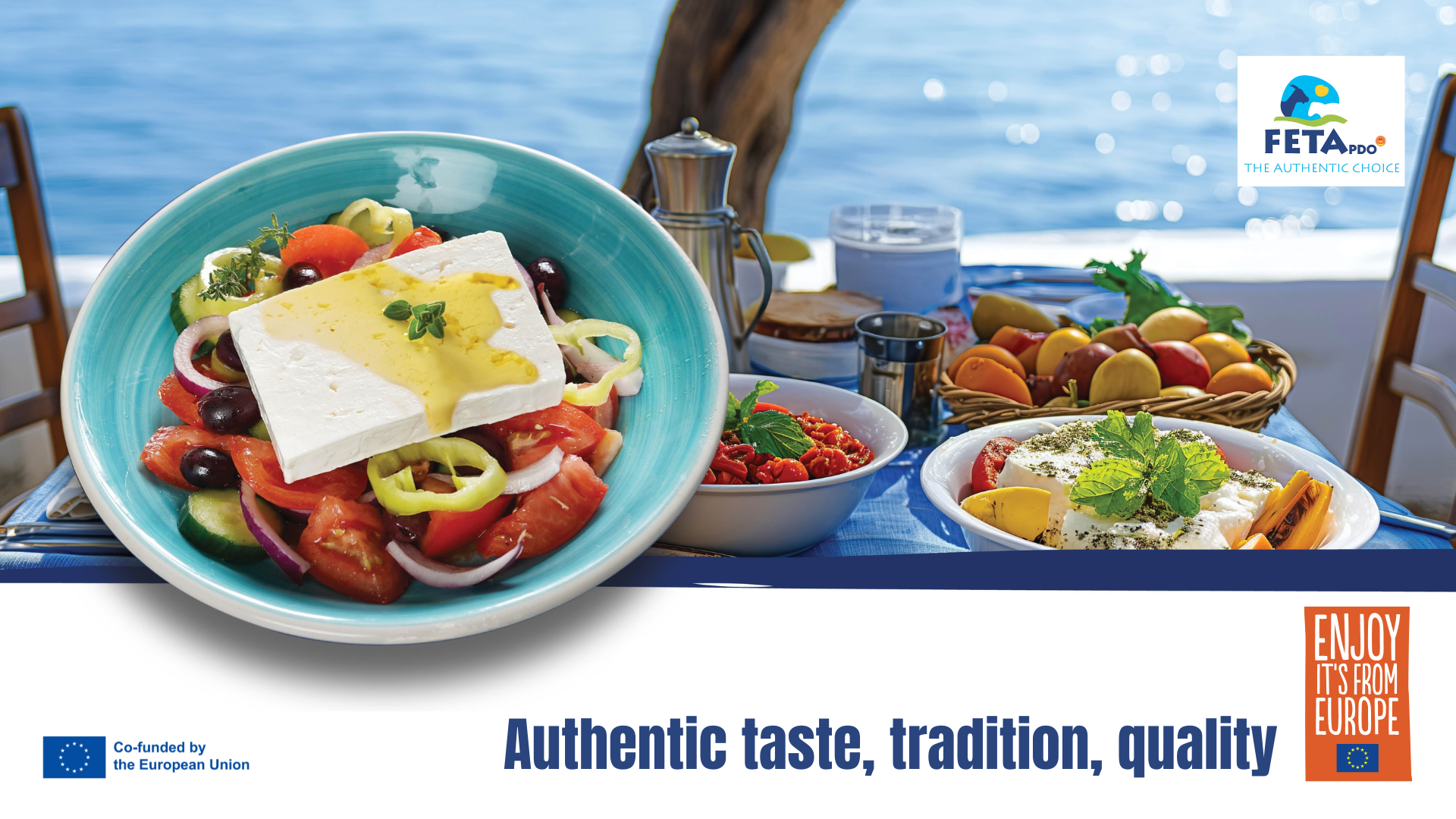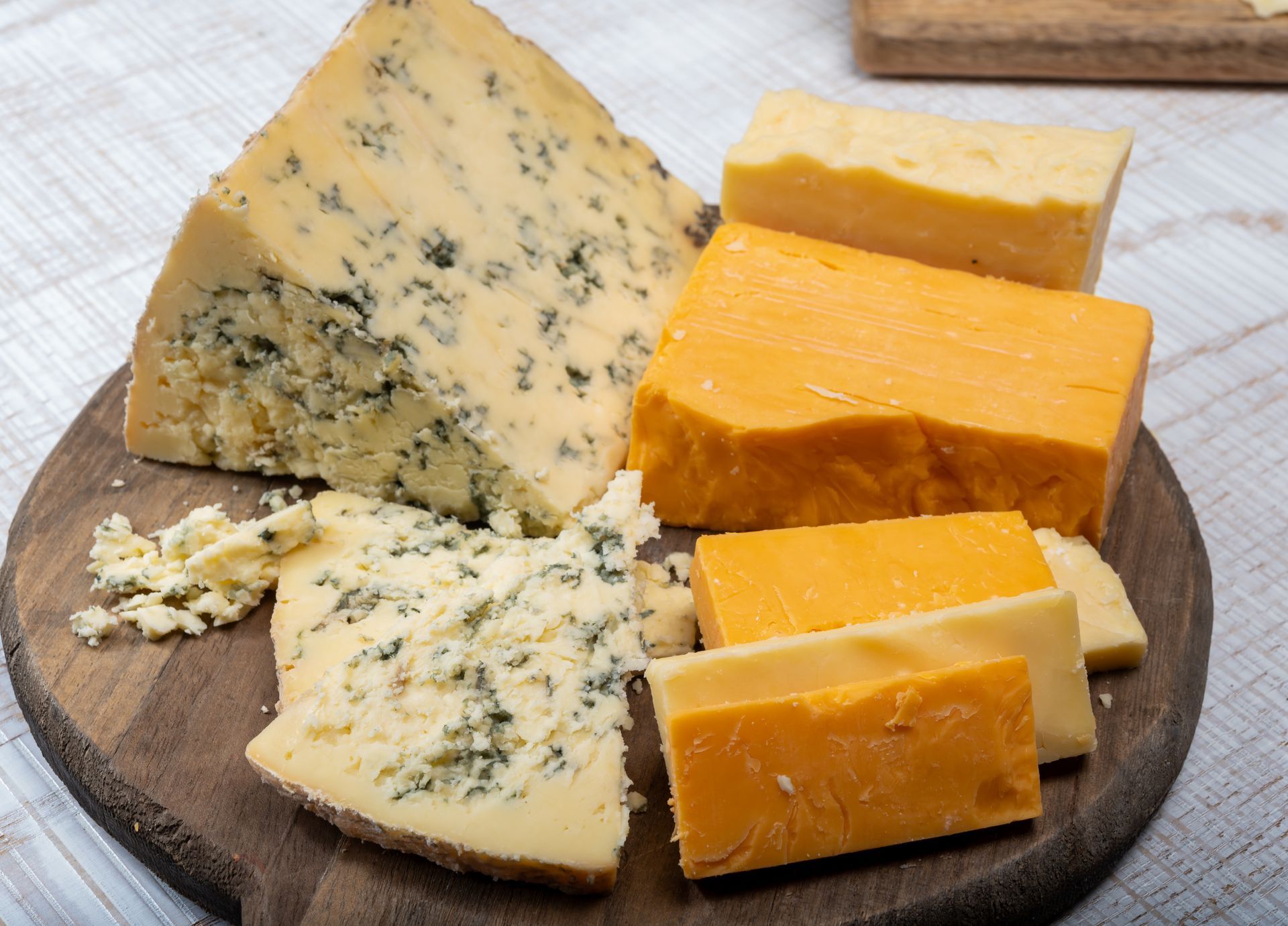FETA PDO: Bridging Greek Heritage and UK Cheese Trends for Strategic Growth

The UK cheese market, currently valued in the billions of pounds, represents a vital arena for both established brands and emerging producers seeking to capture the evolving tastes of consumers. Industry reports indicate that specialty varieties now command a notable share of category growth, suggesting a strategic window for those prepared to offer products that balance tradition and innovation.
This climate of change underscores an opportunity for FETA PDO - a protected Greek cheese steeped in heritage yet adaptable to modern demands - to serve as a compelling addition to brand portfolios in search of meaningful differentiation.
FETA PDO stands apart through its Protected Designation of Origin status, which guarantees production within select regions of mainland Greece and Lesvos. This authentication is crucial when brand transparency and provenance can shape purchasing decisions, particularly among buyers and category managers who prioritise clear narratives. The controlled method of production - from the use of specific proportions of sheep’s and goat’s milk to the aging of the cheese in wooden barrels filled with brine - enhances its distinct flavour profile that resonates well with UK consumers who have shown an increasing openness to Mediterranean-inspired diets.
Retail buyers looking to develop or refresh their premium lines can leverage FETA PDO’s story, emphasising meticulous craftsmanship, time-honored recipes, and stringent controls that resonate with consumers prioritising authenticity. Within this context, FETA PDO becomes more than a single SKU; it evolves into a narrative focal point, linking brand identity to genuine heritage.
Buyers evaluating the broader cheese landscape are already mindful of ongoing pressures on the supply chain, from fluctuating milk prices to evolving consumer behaviours shaped by inflationary concerns. FETA PDO offers an assurance of consistent quality, supported by local Greek producers who operate in circumstances that foster the specific milk profiles needed for production. In a challenging environment, a well-articulated story of origin and artisanal care can capture consumer loyalty, particularly for those willing to pay a slight premium for perceived quality.
There is, however, sometimes a tension between tradition and market-driven innovation that warrants attention. The cheese’s PDO framework demands rigorous adherence to production methods, which can occasionally limit immediate flexibility. Yet, this very constraint can serve as a point of difference, reminding retail buyers and foodservice operators that not all cheeses are created equal. By highlighting FETA PDO’s unique production criteria, brands emphasise the authenticity that modern consumers increasingly value, thereby justifying its placement at a higher price tier or in more specialised sections of a chiller.
Such strategies should be rooted in clear-sighted data analysis. Ongoing category research reveals that while staples such as Cheddar still dominate volume sales, niche and specialty varieties often inspire stronger growth percentages. FETA PDO, when positioned effectively, can capitalise on this trend. Decision-makers using their own data - loyalty metrics, focus-group findings, or insights from store-level observational studies – can align with broader market intelligence. In some regions of the UK, consumers gravitate to unique flavour experiences. In others, they might respond best to messaging around healthfulness or ethical sourcing. A nuanced, region-by-region or even store-by-store approach can amplify results.
Those adding FETA PDO into broader category portfolios will benefit from reinforcing the cheese’s story through carefully curated displays, thoughtful packaging, and engaging promotional campaigns. Buyers and brand teams that communicate the cheese’s PDO’s origins, generational know-how, and controlled production standards invite shoppers into a narrative of tradition and quality. When coupled with versatile recipe ideas and demonstrations - either online or in-store - this approach can elevate FETA PDO beyond a mere commodity cheese. Instead, it becomes an essential ingredient in a consumer’s culinary journey, stimulating repeat purchases and stronger loyalty.
In moving forward, the collective evidence suggests a market environment in which FETA PDO is well-poised to contribute both to immediate sales objectives and to a broader brand narrative. By treating it as part of a holistic strategy - one that recognises the cheese’s heritage and values its potential to spark consumer interest.
FETA PDO ultimately represents an opportunity: it leverages genuine cultural heritage, meets consumer appetite for unique flavors, and offers room for imaginative brand storytelling. When aligned with data-driven insights into evolving UK cheese consumption, it can serve as a resilient, forward-looking addition to a retailer’s category portfolio.
In summary what makes FETA PDO Unique?
- Certified Protected Designation of Origin (PDO) product. The Protected Designation of Origin (PDO) indication means that the product comes from a specific geographical area and is produced with specific production or processing methods that are traditional or specific to a limited geographical context.
- Exclusively produced in specific Greek regions (mainland Greece & Lesvos)
- Traditional production methods ensure authenticity and premium quality
Taste the Tradition!
FETA PDO is more than just cheese - it’s a symbol of Greek heritage. Add it to your category and enjoy a true Mediterranean experience!
📌 Follow FETA PDO for more recipes & culinary inspiration!
More STORIES


Stay inspired
Be the first to get new news and updates. We won't spam you.
Contact Us
Thank you for contacting us.
We will get back to you as soon as possible.
Oops, there was an error sending your message.
Please try again later.

